Founded in 1983, Costco is a membership-only wholesale retailer that offers everything from food and sundries, hardlines, fresh foods, soft lines, and ancillary. Costco operates in three segments – United States Operations, Canadian Operations, and International Operations. Its membership program grew to reach 107.1 million cardholders and 59.1 million households in 2020 from about 86.7 million members in 2016.
Even though the retailer saw a surge in e-commerce sales in 2020, CEO Craig Jelinek announced that Costco will continue to focus on physical stores to catalyze growth. As of November 2020, Costco had 803 warehouses ranging
from 80,000 to 230,000 square feet. It has invested heavily to deliver the best omnichannel experience that combines its brick-and-mortar warehouses and eCommerce.
In 2020, Costco’s performance was impressive. It had annual revenue of $163.22 billion, up 9.3% from $149.35 billion in 2019. Costco’s fiscal 2020 net income increased to $4 billion from $3.66 billion in 2019. The wholesale retailer increased its market share across the board, including gains of 8.1% in the US, 5% in Canada, and 8.9% internationally.
Its stellar 2020 earnings were driven by online grocery, which contributed 91% e-commerce sales growth in Q4. Costco has to maintain its impressive performance in 2021 and beyond to protect its market share from strong competitors like Walmart and Amazon.
Apart from Walmart and Amazon, Costco faces stiff competition from regional and international retailers. Here is an in-depth analysis of Costco’s top 15 competitors:
1. Walmart
With over 11,500 stores globally, Walmart is the largest retailer chain in the world and the top Costco competitor in 2021. The retail giant was founded in 1962 by Sam Walton and now employs over 2 million people across 27 countries. In FY2020, Walmart’s annual revenue was $524.4 billion and ranked 19th most valuable brand in the world on Forbes’ Global 2000 list.
Walmart offers apparel, appliances, electronics, home improvement, jewelry, games, household essentials, pharmaceutical products, and many more. It also owns Sam’s Club, which a membership-only wholesaler that competes against Costco for bulk buyers. Walmart is Costco’s top competitor for many reasons.

2. Amazon
Established in 1994 by Jeff Bezos, Amazon has grown to become the global powerhouse in the eCommerce sector. Costco’s private labels like Kirkland accounts for 25% of its $118.7 billion in annual sales.
Amazon has invested heavily to expand its private-label offerings and currently has 146 private-label brands and 640 exclusive brands. These private labels can eliminate Costco’s main competitive edge.
According to a price comparison by Cheapism, items offered by Costco are about 25% cheaper on average compared to Amazon’s prices. Offering consumers value for money can help Costco fend off Amazon’s threat.
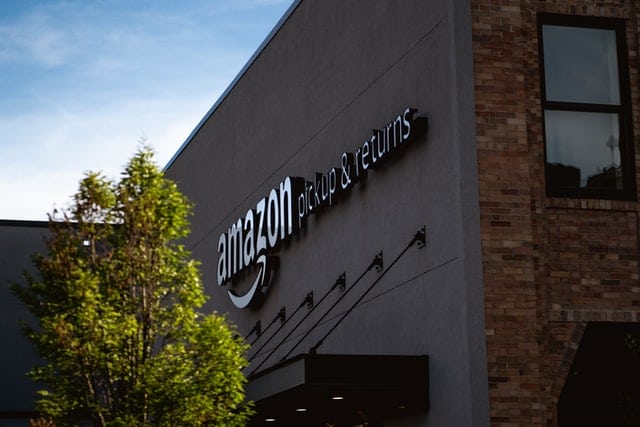
3. The Kroger Company
Founded in 1883 in Ohio, Kroger is one of the largest food retailers in the world. The retailer operates over 2,764 supermarkets across 35 states in the US. In 2018, Kroger’s partnership with online retailer Ocado delivered 20 automated fulfillment centers, more than 2,000 pickup locations, and 2,400 delivery locations by 2020.
These resources expanded Kroger’s reach to 97% of its customers and boosted its revenue for Q1 2020 by 11.5% year-over-year to $41.5 billion. Kroger has also built a stronger eCommerce than Costco, which boosted its digital sales by 92% in 2020. Kroger’s fulfillment centers and robust eCommerce makes it one of the top Costco competitors in 2021.
4. Target
Founded in 1902, Target is one of the largest retailers in the world and a strong Costco competitor. It operates over 1,000 stores in the US alone and 360,000 employees spread across 50 states. Even though both Target and Costco are offering in-store and curbside pickup, Target’s initiatives are more effective and include Shipt, Drive Up services, and Target+ marketplace.
In 2020, Target’s gross margins averaged out to 29%, while Costco’s gross margins were only 13%. Target also has a membership program just like Costco. But Target does not charge annual membership fees, which gives it an edge over Costco.
5. Sam’s Club
Walmart-owned Sam’s Club offers a wide range of products that match Costco’s inventory item-to-item. Over 50% of dollars spent in early 2019 on Costco.com came from appliances, electronics, and home improvement, while Sam’s Club attained only 15% of its digital sales from these three departments.
Sam’s Club now holds 5.1% of grocery sales share, while Costco holds just 1.2% and declined by 3.1 share points in the past few years. It has established itself as the go-to retailer for bulk groceries online.
6. Walgreens Boots Alliance (WBA)
Simply known as Walgreens, WBA was founded in 1901 by Charles Walgreen and provides drug store services primarily in the U.S. and Europe. It has 400 distribution centers and more than 18,750 stores spread across 11 countries.
Every year, the chain’s distribution centers reach more than 25,000 pharmacies, doctors, hospitals, and health centers across the world. In 2020, footfall in its stores dropped by about 85% due to the crisis leading to a net loss of $1.71 billion in the third quarter. Its overdependence on medical services is a major weakness over Costco.
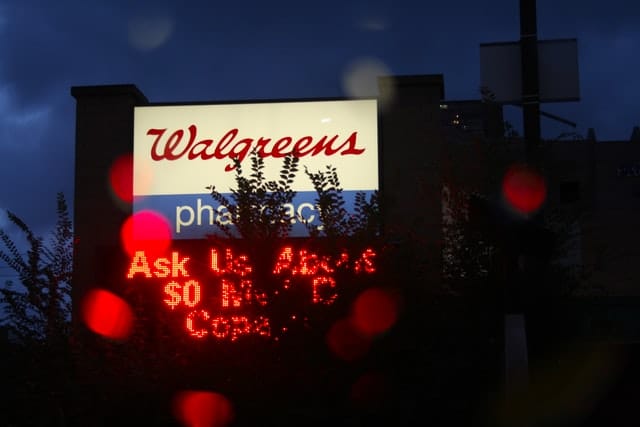
7. Home Depot
Home Depot was founded in 1978 and provides tools, construction materials, and other products for home improvement in nearly 2,300 stores across the US, Canada, and Mexico. The retailer launched the One Home Depot strategy in 2017 that integrated all its sales channels seamlessly to deliver the best omnichannel experience for its customers.
In Q2 2020, Home Depot’s sales rose 23.4% y-o-y to reach $38.1 billion, thanks to its integrated strategy. Currently, 60% of Home Depot’s online orders are picked up in-store. The strategy allows Home Depot to serve its customers where they want. It is a huge competitive advantage over Costco, which still relies on in-store purchases.
8. Tesco
Tesco is a British chain of supermarkets that was founded in 1919. From a single store in the East End of London, Tesco has expanded across Europe and into Asia but still relies heavily on the UK market.
All consumers can shop at Tesco anytime but they’ll need a membership card to shop at Costco.
The lack of restriction gives Tesco an advantage in urban areas where consumers are purchase items on impulse or last minute.
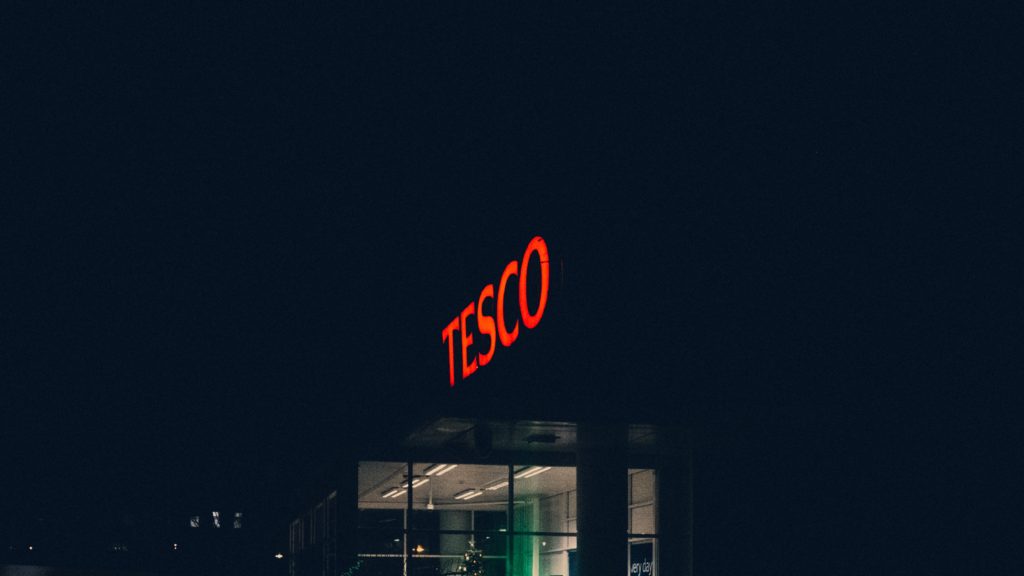
9. Aldi
Founded in 1946 by the Albrecht family from Germany, Aldi is a popular supermarket chain. It has about 11,245 stores and has over 70,000 employees globally. The main strength of Aldi is its wide selection and budget-friendly prices.
About 98% of Aldi’s stock is high-quality white labels, while Costco’s inventory is a blend of name brands and private labels. Cost-savers in the UK buy 75% of their shopping at Aldi and visit Costco to top up 25% in non-perishable items. When it comes to cost-saving, Aldi is Costco’s top competitor.
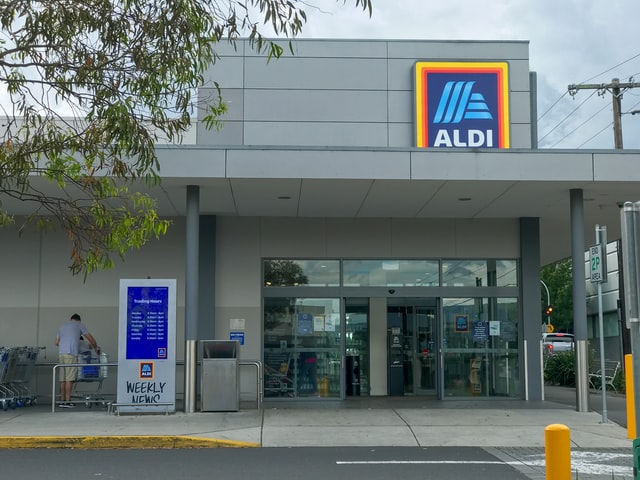
10. CVS
Founded in 1963, CVS is the largest pharmacy services provider in the US. It also operates a network of retail pharmacy stores globally. Its pharmacy business contributed $121 billion, making up 47% of CVS’s $257 billion in revenues for 2020.
The company’s Long Term Care generated $74 billion and Health Care Benefits brought in $62 billion in revenues in 2020. CVS has gained the trust of consumers and offers original drugs, while Costco provides generics. A consumer who is more concerned about their health than cost-cutting will most likely choose CVS over Costco.

11. Best Buy
Best Buy is a major electronics retailer with over 1,000 stores across the US.
Although Costco’s broad range of products and services goes beyond consumer electronics, Best Buy offers the widest variety of electronics. It has specialized in this area, which gives it an upper hand over Costco.
12. BJ’s Wholesale Club
BJ’s Wholesale Club operates over 200 self-service warehouse locations in the US. Like Costco, BJ’s is a members-only retailer and charges $55 for an annual membership. By September 2020, the retailer had added over 500,000 new members. BJ’s business model and prices are similar to its larger rival, Costco.
It offers about 7,200 items, which is more than double Costco’s 3,200 list of products. BJ’s also carries a wider array of fresh food items than Costco.
13. Lowe’s
Founded in 1921, Mooresville-based Lowe’s deals in home improvement products. Even though its main competitor is Home Depot, Lowe’s also competes against Costco. Lowe’s offers personal service due to its size and number of outlets, which is an advantage over large retailers like Costco.
In March 2020, Costco purchased Innovel from Transform Holdco for $1 billion. Innovel is a delivery solution that will Costco grow its e-commerce sales of big and bulky items like materials and equipment for home improvement. The acquisition gives Costco a huge competitive advantage over Lowe’s and other home improvement retailers.
14. Carrefour
With $81.1 billion in revenues, Carrefour is rising quickly on the list of Costco’s top competitors. The French supermarket chain is one of the fastest-growing retailers globally and has more than 12,000 international locations across 30 countries.
It operates and manages hypermarkets, supermarkets, convenience stores, cash and carry stores, and eCommerce. Carrefour has a strong presence in emerging countries in Africa and Asia, which gives it an advantage over Costco.
15. Kmart
Founded in 1899, Kmart is an American retail store. The one-time discounting powerhouse has struggled over the past several years and closed most of its stores.
The number of Kmart stores has reduced from over 2,100 to 34 within 20 years. In 2020, the retailer showed signs of resurgence after switching its focus to end-of-summer and end-of-year deals.
References & more information
- Stankiewicz, K. (2020, Dec 14). Costco CEO says the company is doubling down on brick-and-mortar, even as it invests in e-commerce. CNBC
- Redman, R. (2020, Sep 25). Costco finishes fiscal 2020 on a high note. Supermarket News
- Debter, L. (2020, May 13). The World’s Largest Retailers 2020: Walmart, Amazon Increase Their Lead Ahead Of The Pack. Forbes
- Hanbury, M. (2020, Jan 6). 9 times it’s better to shop at Costco than Amazon, according to experts. Business Insider
- Bhogaraju, S. (2020, Aug 27). Kroger vs Costco: Which Retail Stock Is A Better Buy? Tip Ranks
- Bylund, A. (2020, Sep 16). Better Buy: Costco vs. Target. The Motley Fool
- Cooley, J. (2020, Jan 23). The incredible bulk: How Costco and Sam’s Club compare in eCommerce. Digital Commerce 360
- Repko, M. (2020, July 2020). Walgreens swings to a quarterly loss as coronavirus drives up costs, lowers doctor visits; shares fall. CNBC
- Patel, N. (2020, Nov 13). Better Buy: Costco vs. Home Depot. The Motley Fool
- Winchester, L. (2020, Feb 7). Is it worth joining Costco? We show how its prices compare to supermarkets. The Sun
- Evans, R. (2020, Jun 11). Aldi: Shoppers praise discount brands alongside Costco for significant savings. The Express
- Great Speculations (2020, Jan 3). What Are CVS Health’s Key Sources of Revenue? Forbes
- Munarriz, R. (2020, Dec 22). Better Buy: Costco vs. Best Buy. The Motley Fool
- Editorial Team (2020, Sep 21). BJ’S Wholesale Club Beats Amazon and Costco. SoFi
- Sharma, A. (2020, Mar 17). Why Costco Just Spent $1 Billion to Acquire a Last-Mile Delivery Provider. The Motley Fool
- Johnston, M. (2020, Aug 5). 10 Biggest Retail Companies. INVESTOPEDIA
- Lisicky, M. (2020, Sep 5). Kmart, Battered By Constant Closures, Beats The Odds And Heads Into Another Holiday Season. Forbes
- Featured Image by Omar Abascal

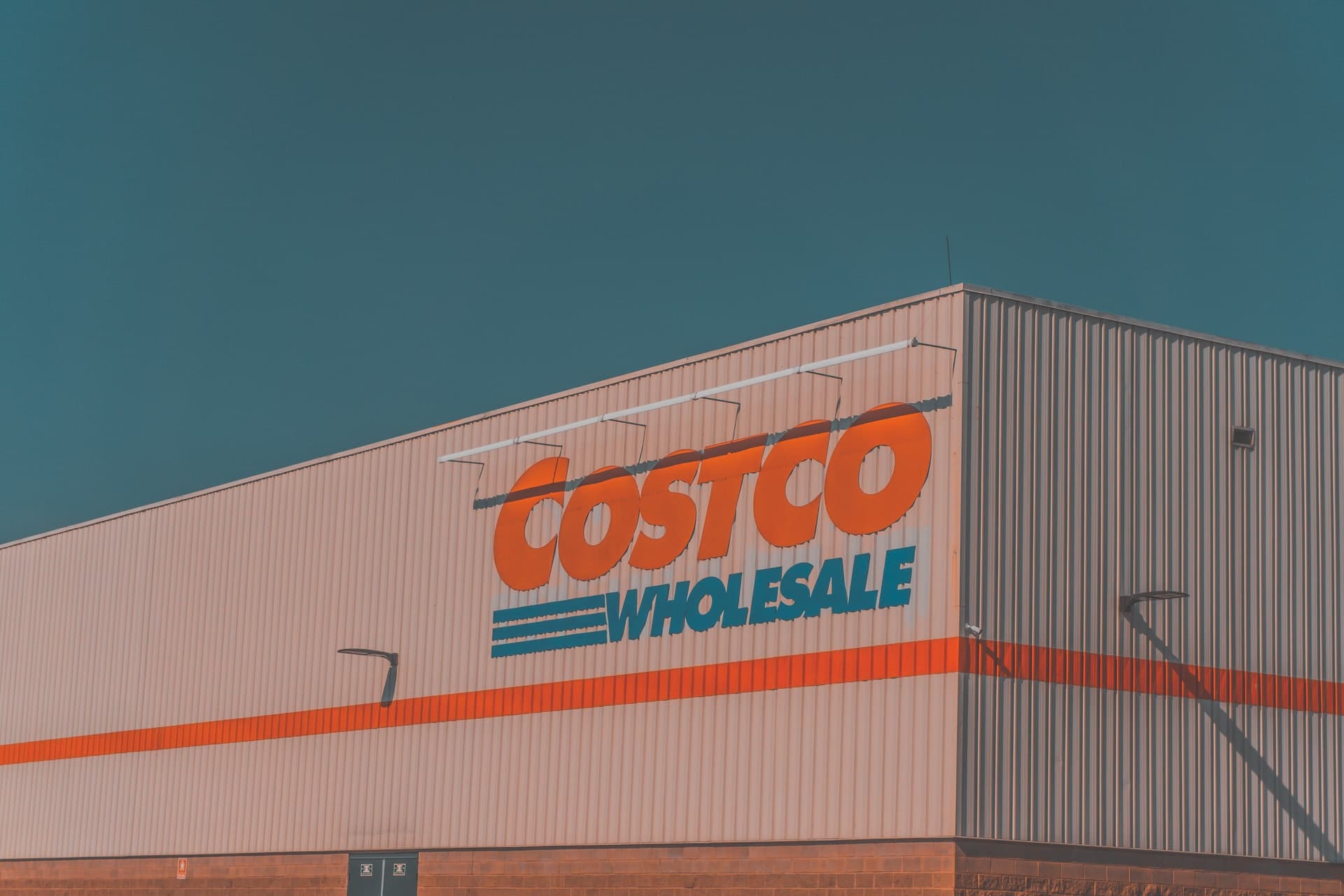





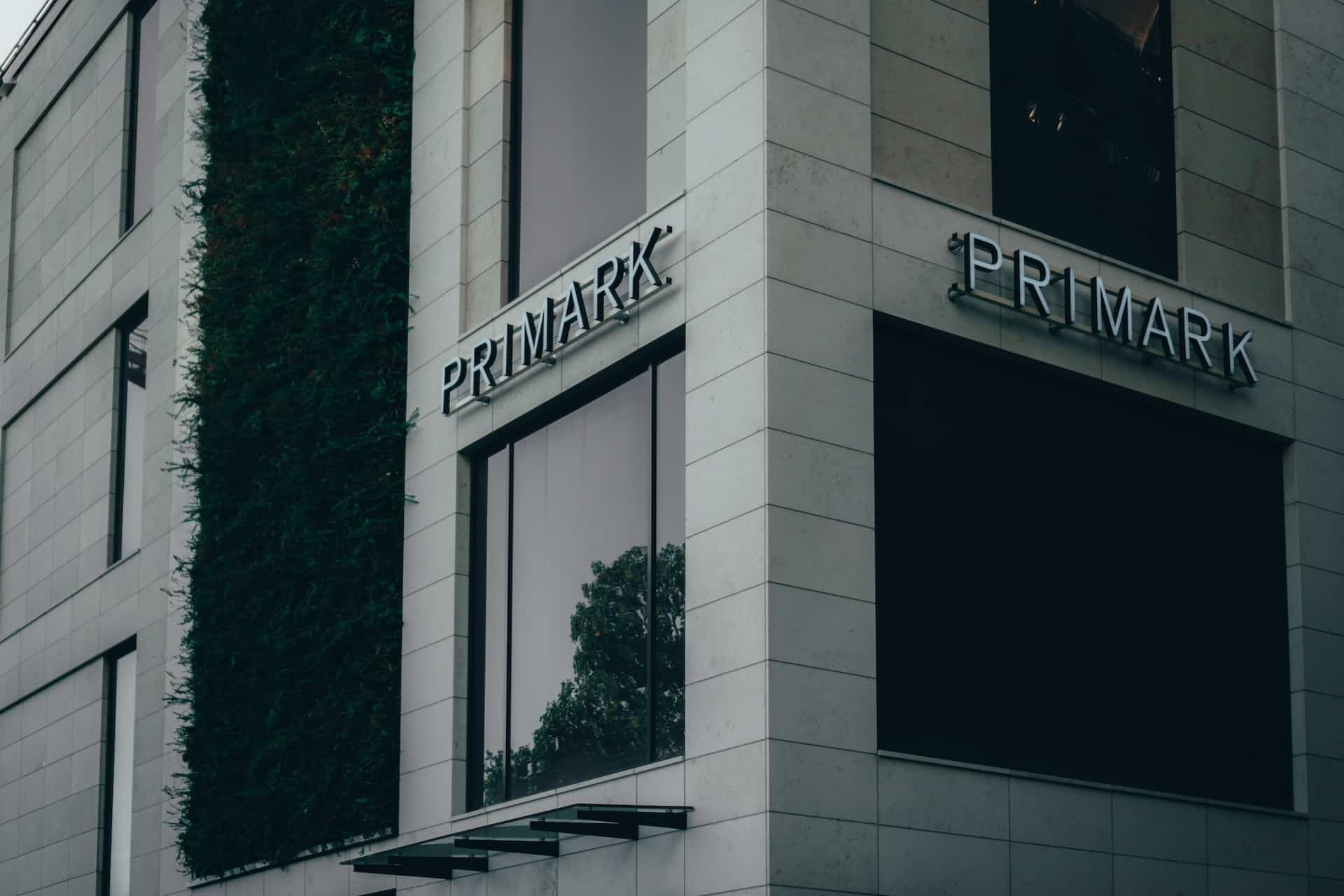



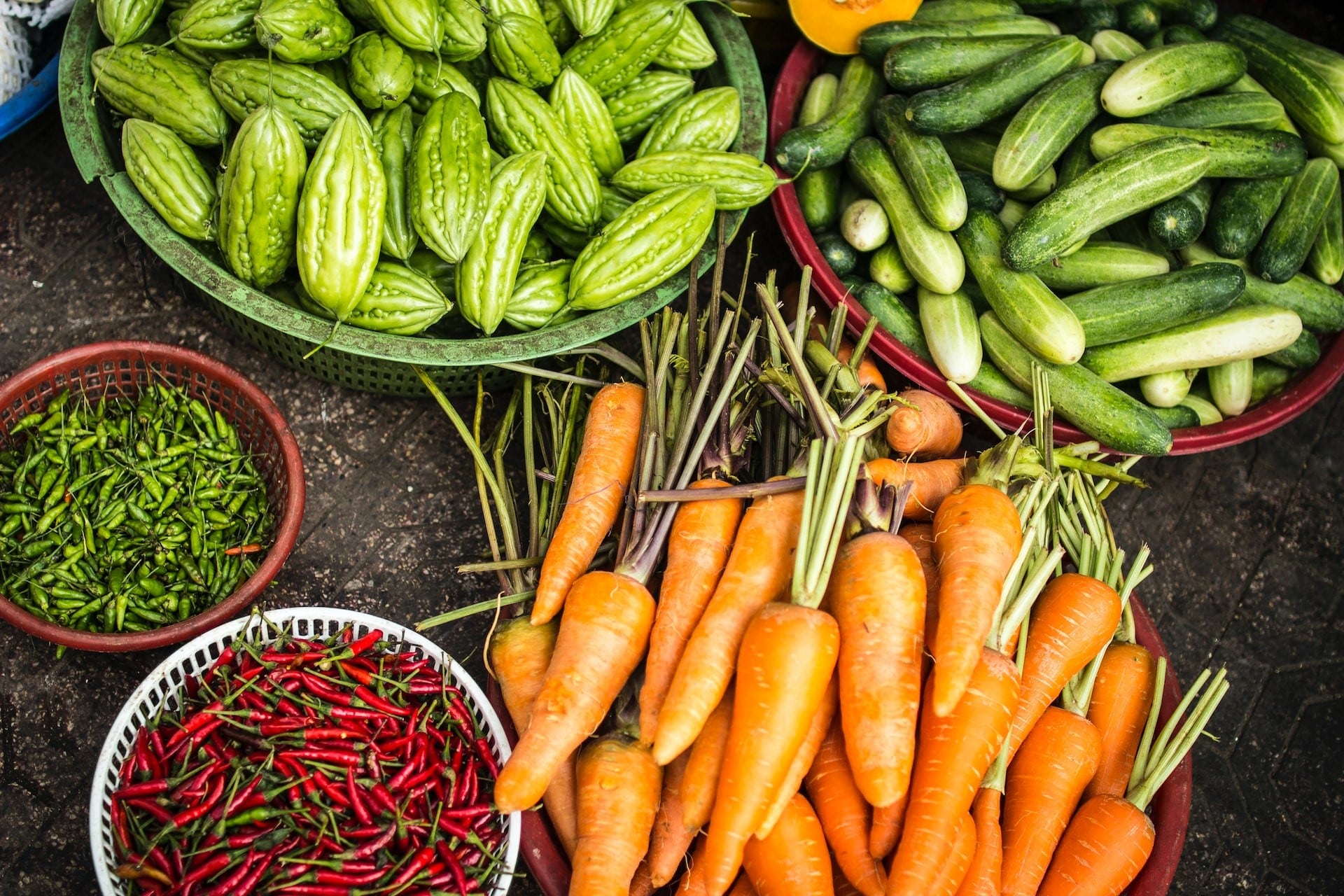
Add comment